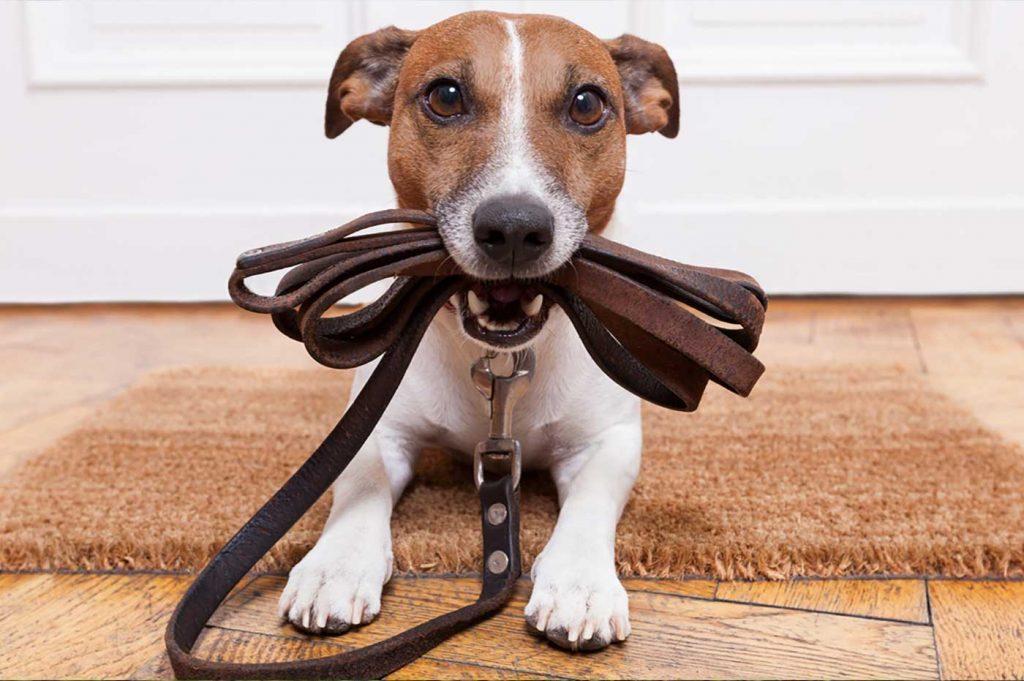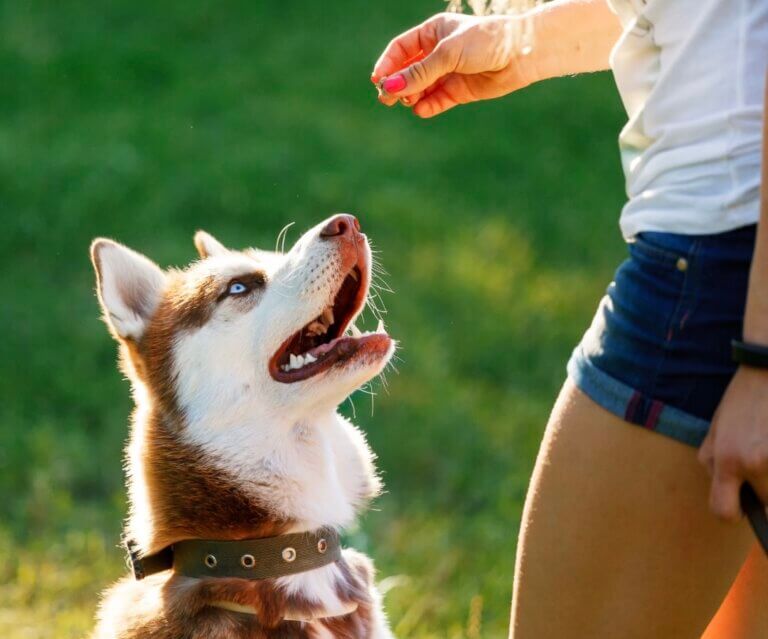One person’s interpretation of what dog training involves is often drastically different to the next person’s. The concept of reinforcement and punishment is often discussed, however what many clients are unaware of, is that dog training is much more complex than this. The idea of anticipation in dog training is something often overlooked. Client’s often find their dog’s anticipation of events to be quite a hindrance, when really it can be used knowingly, to become an asset. The concept of anticipation closely inter-relates with conditioning, development of behaviour chains, predicting outcomes and the development of various associations. I will discuss this concept, explaining how we can use our dog’s ability to anticipate events and consequences, to our advantage.
Many of our trainers’ recommendations relate back to this topic, often without the clients realising. Dogs are intelligent creatures, often more so than we give them credit for. They read us well and quickly learn what gains them what they are after, whether the owner is aware of it or not. Dogs often develop behaviour chains; the performance of one behaviour reliably predicts the next and the next and the next. Therefore the dog reliably anticipates what comes next after each behaviour. For example, the door-bell rings, the dog knows that this means someone is here, they then bark and run to the door, jump on the person as they enter, the owner then says “no Fido, sit”, the dog then sits and gets a reward. This then becomes the behaviour pattern practiced over and over when someone rings the door bell. The owner thinks that because the dog is being reinforced for sitting, this will increase the likelihood of this behaviour reoccurring in the future. However, it does not address the behaviours performed prior to this, therefore it is likely to increase the likelihood of the whole pattern reoccurring in the future. Client’s often have dogs with well practiced and established behaviour patterns that the owner is unaware of. It is far more effective to keep this concept in mind, and establish appropriate behaviour patterns before undesirable ones develop; it is up to us to anticipate the escalation of behaviour before it occurs. Addressing the first behaviour in the chain is far more effective to establish behaviour change, than allowing it to play out then trying to intervene at the end. As mentioned earlier, dog training is more complex than the basics of reinforcement and punishment. Us trainers do not expect our clients to understand the theory in great depths, however we do recommend practices often with many factors such as these in mind.
Similarly to this, dogs’ often are aware of our behaviour patterns. They anticipate that brushing our teeth, leads to us leaving the house. Ie we brush our teeth, have a shower, have breakfast, put on our shoes, pick up our bag then leave the house. But, we wonder why our dog becomes anxious and stressed when we brush our teeth in the mornings. As mentioned in the previous paragraph, be aware that dog’s develop behaviour patterns and can anticipate events. Knowingly use this concept to develop and condition a more positive response in your dogs in the presence of such patterns. For example change the pattern to, brush your teeth, have a shower, have breakfast, send the dog to his bed, put on your shoes, pick up your bag, give your dog a chew then leave the house. This allows your dog to anticipate you leaving but also conditions this to be a positive experience for them.
Anxious or nervous dogs find great comfort in being able to reliably predict or anticipate events that are to unfold. I’m often cautious to liken dogs to humans as people tend anthropomorphise dogs more often than not these days, however in the context of anxiety I feel it is a relatively universal state regardless of the species. When humans become anxious it is often related to agonising over something unknown or over a lack of control of a situation. From my experience dogs are much the same, they develop anxiety when they cannot anticipate the events unfolding or if they have no control over a situation they find themselves in. Where-ever possible developing patterns where the dog can anticipate the next event or behaviour, often relieves a lot of this anxiety, particularly if the events lead to an enjoyable experience for them.
The last point I would like to mention in relation to using anticipation to address behavioural issues, discusses consequences. As mentioned above, dogs find reassurance in being able to predict events. Likewise to this, having reliable consequences to behaviour, whether appetitive or aversive is paramount to addressing behaviour change. Please note the key word here is reliable. If a dog can anticipate that every time he does abc behaviour the consequence of xyz occurs, the dog can consciously make the choice to perform the behaviour or not. However, if Fido jumps on the couch, and sometimes he is punished for this, other times it is ignored and other times it is rewarded because Sally likes cuddling with Fido on the couch, poor Fido cannot anticipate the consequences he receives if he jumps on the couch, and therefore his behaviour is unlikely to change. I say it again, in order for behaviour to change the dog must be able to RELIABLY anticipate the consequence he receives for his behaviours.
Now to the fun stuff! In the context of obedience training, particularly precision obedience training, handler’s often use anticipation to their advantage. Reward placement and bridging behaviours are perfect examples of this. A simple and well known example of this is heeling; a dog that forges, is rewarded to the left and behind the handler, balancing their position in the heel. Similarly, dogs with lower drive that tend to lag, are rewarded ahead, such as throwing a toy forward, again balancing out their position. When practicing positions at a distance, throwing the toy behind the dog on release ensures they have no need to creep forward as they anticipate the reward to always come from behind. Additionally, developing bridge behaviours where the dog consistently anticipates a reward that follows the behaviour, can be used to maintain drive in trial scenarios. For example, reliably rewarding the dog after left turns conditions the emotional response of excitement with each left turn, occasionally changing the schedule of reinforcement from continuous to variable in this context ensures the conditioning remains ‘charged’ as such, but ensures the dog also performs the behaviour on variable reinforcement for trial scenarios. Therefore, if a heeling sequence goes for 5-10 mins in a trial, every left turn re-charges the dog’s drive as such. There are many more scenarios where anticipation is used to benefit the training goals in an obedience concept, but the above mentioned is a few to explain the concept.
In regards to anticipation building drive, it has been reported by Sapolsky, that the anticipation of reward, is often found to be more reinforcing than the reward itself. This was found scientifically by analysing the amount of Dopamine released by the brain when a behaviour was performed and when a reward was given. He found that dopamine is not about pleasure, but the anticipation of pleasure. The level of dopamine spiked when the animal was performing the behaviour and therefore anticipating reward, as opposed to when they actually received the reward. This pattern was maintained by introducing a variable schedule of reinforcement, as it added the concept of maybe, and therefore increased the amount of anticipation experienced increases the amount of dopamine released in the brain.
Building associations and anticipation has great value in either changing behaviour or building behaviours. Try not to get caught up with the basics of reinforcement and punishment when the answer may be neither. If you’re experiencing behavioural issues, ask yourself what behaviour patterns have developed and how can I use anticipation to alter these behaviours to something more desirable. Or preferably think, how can I mould this awesome dog to be the best he can be? How can I improve our relationship? How can I make him less anxious? How can I build his desire to interact with me? Think anticipation.



One Comment
Great article Ebony 👏